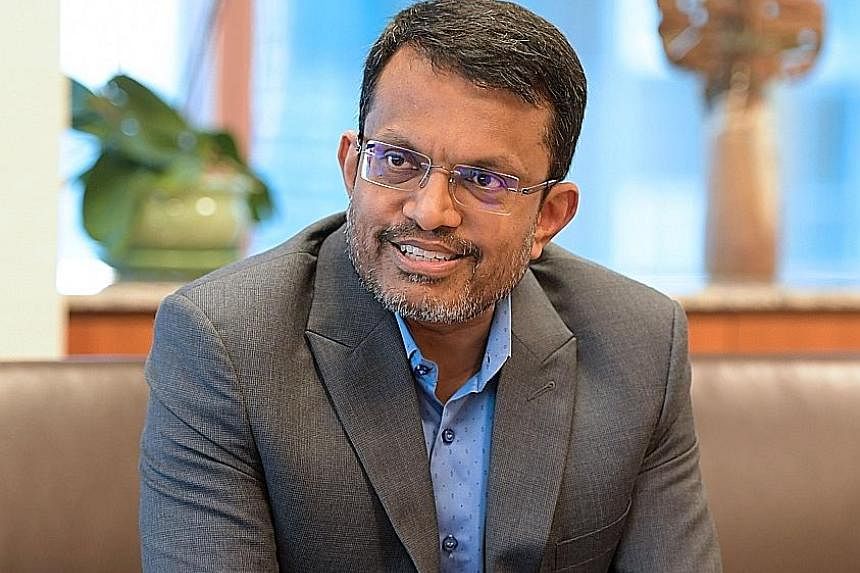Singapore's top central banker has flagged an important new phase in the regulatory framework set up in the wake of the 2008 global financial crisis, in a speech given in Washington.
In the eight or so years since the crisis, wide-ranging rules have been imposed to restore stability to the global financial system - and technology is rapidly disrupting the way the industry does business.
Monetary Authority of Singapore managing director Ravi Menon has said regulators must now evaluate the effects of the regulations set out over the past eight years and fine- tune policies as needed.
While giving a lecture in Washington at an event organised by think tank Official Monetary and Financial Institutions Forum on Thursday, he noted that with memories of the crisis fading and the compliance burden of new regulation continuing to grow, pressures are mounting to unwind some reforms.
There are concerns, he said, that reforms have dampened market liquidity and bank profitability.
"We have rightly focused our regulatory efforts to minimise the risk of another financial crisis. But we must continually ensure that we do so without minimising economic growth and opportunity."
Some fine-tuning may be necessary to reduce the unintended effects of reforms while preserving their benefits, he said.
But in doing so, regulators must be careful to avoid pendulum swings that could undermine the gains in financial stability that have been achieved, not to mention prolong and add to the uncertainties facing the financial industry.
The regulators' next challenge is to grapple with rapid technological change by developing a deep understanding of emerging technologies and the risks and opportunities they present, he said.
"Financial regulators should not be afraid to work collaboratively with financial institutions or even fintech companies."
Regulation must not run ahead of innovation, he added, as introducing regulation prematurely may stifle innovation and could derail the adoption of useful technology.
And regulators should allow experimentation to facilitate financial technology (fintech) innovation while limiting its risks to consumers and the financial system should these innovations fail, he said.
The regulatory sandbox is a useful device to test new ideas in a confined environment, Mr Menon noted, adding that Singapore was among the earliest in the world to adopt one.
Aside from regulating fintech, central banks must look to harnessing this field to better regulate and supervise financial institutions and help them manage their risks,he said. For example, predictive analytics is being used in stress testing, to assess the ability of large, complex financial institutions to withstand a variety of stresses affecting different parts of the business in different geographies.
At the same time, he noted, the world needs to strengthen its management of cyber risk.
There should be sharing of cyber intelligence within the financial industry, he said, and regulators can help to establish common infrastructure, processes and protocols to facilitate this.
Regulators, too, need mechanisms to share cyber intelligence efficiently in real time, Mr Menon said.
There are already informal, bilateral arrangements for such information-sharing, but more can be done, he added. "We need to identify and reduce the barriers inhibiting cyber threat information sharing, such as legal, confidentiality, and operational constraints."



